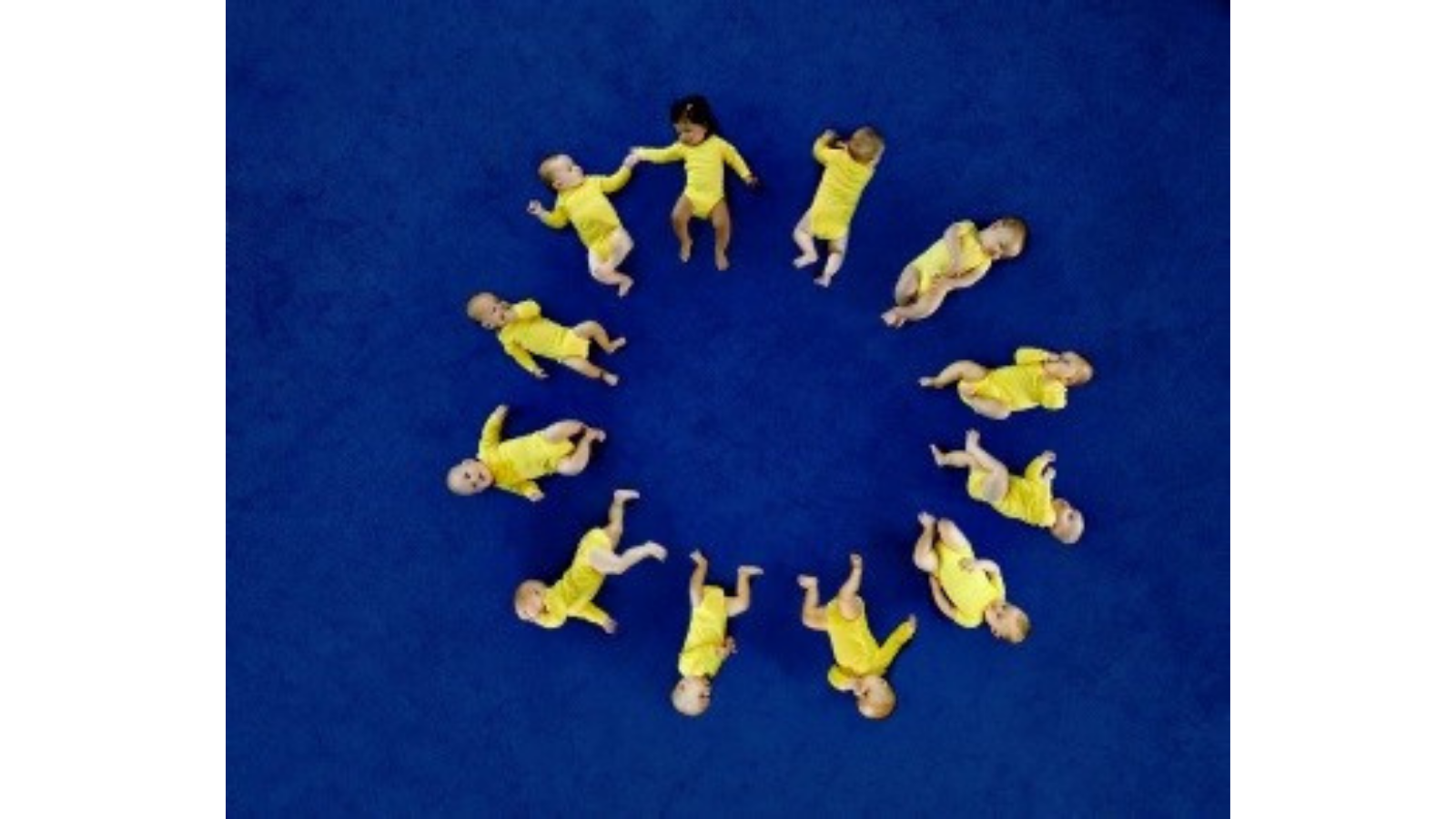Portugal: Promoting inclusion in preschool education
A peer learning activity organised in Lisbon last week aimed to exchange experience on how to promote inclusion in preschool education.
This first Peer Learning Activity (PLA) of the ET2020 Working Group ECEC (2018-20 cycle) was hosted by the Portuguese Ministry of Education and took place at Instituto de Educação – Universidade de Lisboa.
It brought together members of the ECEC working group and stakeholders from Portugal to discuss the development, implementation and evaluation of a range of inclusion policies.
In particular, participants discussed, reflected and shared knowledge and experiences around the following aspects:
- what policies/strategies have been used to strengthen inclusion in ECEC;
- what measures have been used to analyse the success of these policies;
- which competences do staff need to ensure their approach to ECEC is inclusive? how can these competences be developed? how to strengthen the diversity of the workforce;
The following issues were highlighted:
- inclusion is enhanced when parents are fully involved in ECEC;
- staff attitudes and values are important competences for supporting inclusion;
- when there is an absence of universal provision, targeted measures can enhance inclusion.
Participants also underlined the challenges that make the implementation of these recommendations difficult:
- there may be a lack of understanding of the underlying values of inclusive ECEC, or pressure from some families
- split systems present particular challenges to ensure inclusion for all
- there is a lack of funding (and incentives) to support the professional development of ECEC staff (not just the ECEC ‘teachers’) in relation to inclusion;
- in some countries the legislation is not supportive to strengthening inclusion, and sometimes when there is a national policy or strategy it is not effectively implemented;
- the curriculum for the initial training of ECEC staff might include elements related to diversity but it may not be integrated throughout the curriculum or systematically included. The training of professionals also needs to address unconscious bias and the perceptions/values of teachers;
- the data on inclusion does not always include children who are not in the ECEC system - here are data gaps and little aggregated data.
The PLA discussions will support the reflection of the working group and inform its planned output, which is the development of a toolbox for inclusion in ECEC highlighting:
- conditions and key enablers which help ECEC settings and staff in a range of ECEC contexts to be inclusive at every level;
- case studies and tools to inspire policy-makers and practitioners to develop inclusive settings and practices.
Eurochild will link the PLA learning with its upcoming Europe-wide campaign on Early Childhood Development. The campaign expects to increase political visibility of ECD at EU level and lead to more EU funds directed to ECD investment. It will build capacity of national civil society to leverage EU influence and funding to support advocacy for better ECD policies and services at national level (covering between 10 to 12 European countries inside and outside the EU).
For more information please contact: Agata D'Addato




